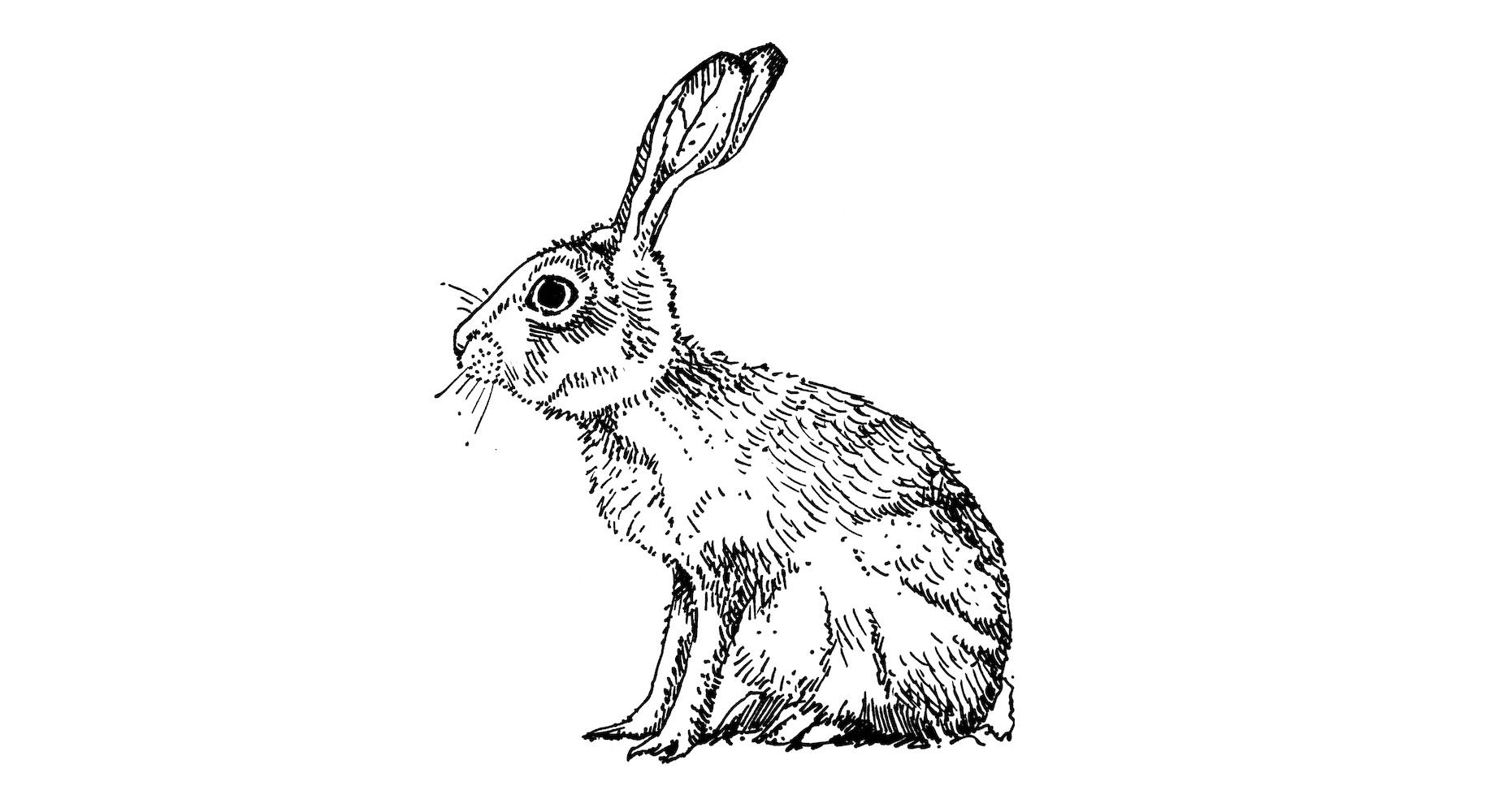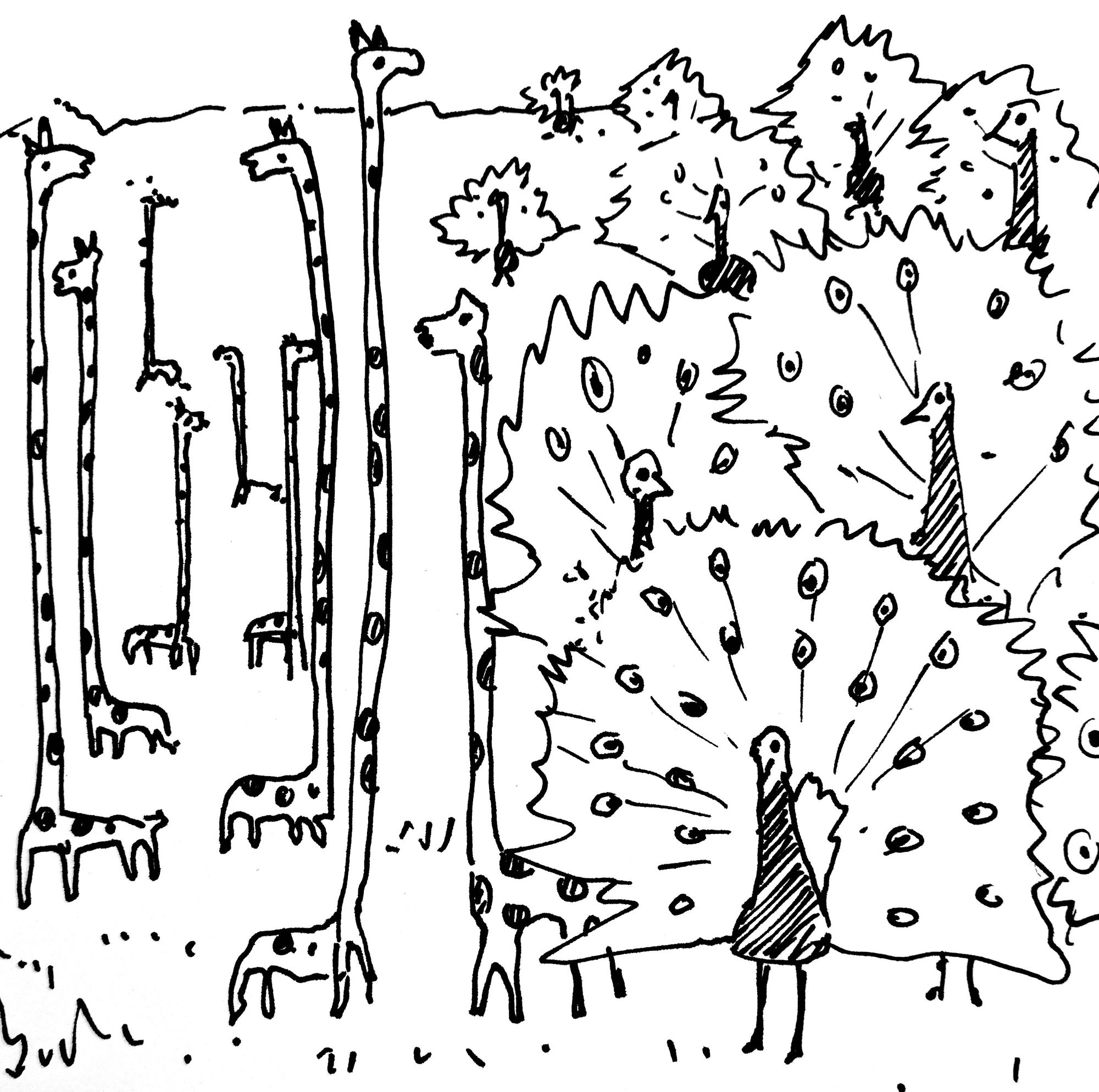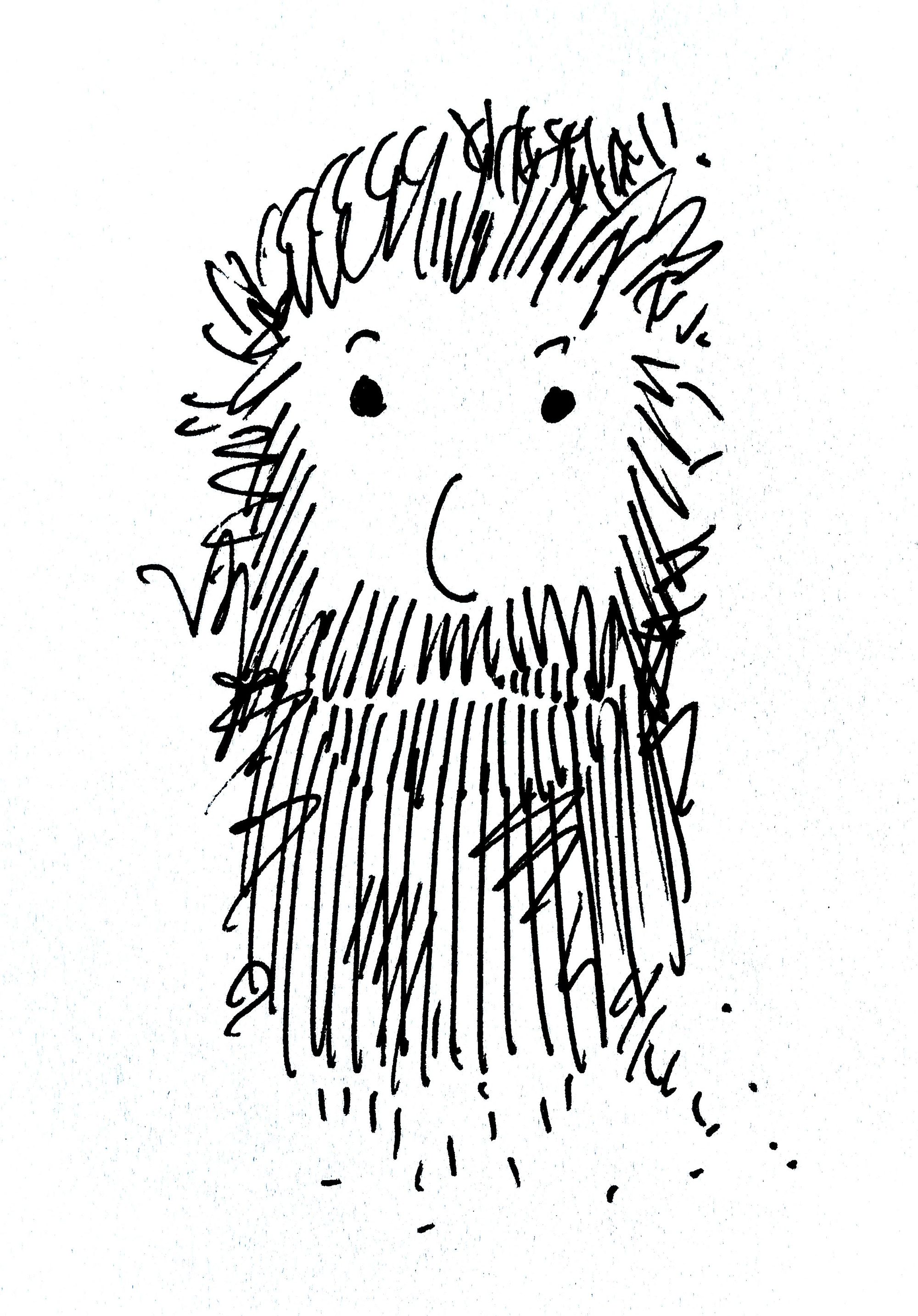#24 ☎️ Mouth those vowels out loud 🐻

Portmanteau of the week 🍔
There’s a special kind of linguistic satisfaction (and cheekiness) in kneading together words to see what combinations might be greater than the sum of their parts. It was supposedly Lewis Carroll who first used “portmanteau” to label the practice of smooshing two words together to coin a new one. Humpty Dumpty explains to Alice: “You see it’s like a portmanteau – there are two meanings packed up into one word.” Roald Dahl was particularly fond of inventing words, including the portmanteau “delumptious” to describe something at once “delicious and scrumptious”. I’d wager The BFG has the highest concentration of original words (gobblefunk!) in a Roald Dahl book – that might be why it was one of my dearest favourites as a kid.
Portmanteau words are a motley, unreliable family. Some are so utterly commonplace it might well catch you by surprise to know that they are a portmanteau, like “smog”, a combination of smoke and fog. Others seem at risk of being dismissed and forgotten, too much a product of a particular era, like “chillax”. The writer Andy Bodle has documented some criteria for determining whether a neologism might endure or not, while also sharing some hilarious community submissions for new portmanteaus, like “cashtration: the act of cutting off a person’s funds”. I’d probably add “incidence” to his criteria – how often this new word might likely be used. I believe I was the first to coin the word “flatmosphere” eight years ago, to describe the overall vibe of your flat, and the health of the relationships within it. Update: It’s yet to catch on. But just remember who started it, if it does, okay?
The prizewinning portmanteau of recent years, to me, is the word “hangry”, which was added to the Oxford Dictionary in 2018, alongside “mansplaining” and “ransomware”. Rarely does such a combination not only accentuate the two meanings it combines, but also feel so apt you can only wonder how it took so long to enter modern parlance. It was a word close to my stomach and heart, for it described (justified?) some of the mysterious grumpiness that would afflict me at certain times of the day. I have now addressed this problem by just doubling how much I eat. I owe a debt of gratitude to “hangry”.

Homegrown homophones ☎️
New Zealand English has a tendency towards linguistic laziness, particularly with vowel sounds and the endings of words. This can create some semantic awkwardness when chatting to people more accustomed to UK or American English. We may end up talking about completely different things. 🤷
👉 Read: A Kiwi tendency for homophones
Hello, goodbye and just in case you didn’t know 👋
Before we sign off from this week’s newsletter, both for the newcomers and the old hands, here’s a digest of what else is available from Without a hitch 👍:
- Posts 📮 — True tales, casual commentary and illustrations of whimsy.
- Podcast 🎙️ — Bundled audio collections of the latest, greatest posts.
- Lists 🗒️ — A shopping list of LOLs. The pure TL;DR.
- Illustration ✍️ — Purchase any illustration on the site that takes your fancy (just let me know if there’s one you want that’s not listed).
- Exclusive 💎 — A new section. 🌱 Limited-edition material for paying subscribers (thank you).
- Subscriptions ☕ 🌈 — If you’d like to make a contribution, that would be lovely. But no pressure! I’m just happy you’re here.
If you have any questions or requests (is there a tale you’d like me to tell?), feel free to respond to this email and I’ll get this guy to get in touch:

Just kidding. This is me, before trimming back my lost-in-the-bush-for-years beard. I’ll reply to your email, if you send one.
Okay, bye! 👍
Comments ()